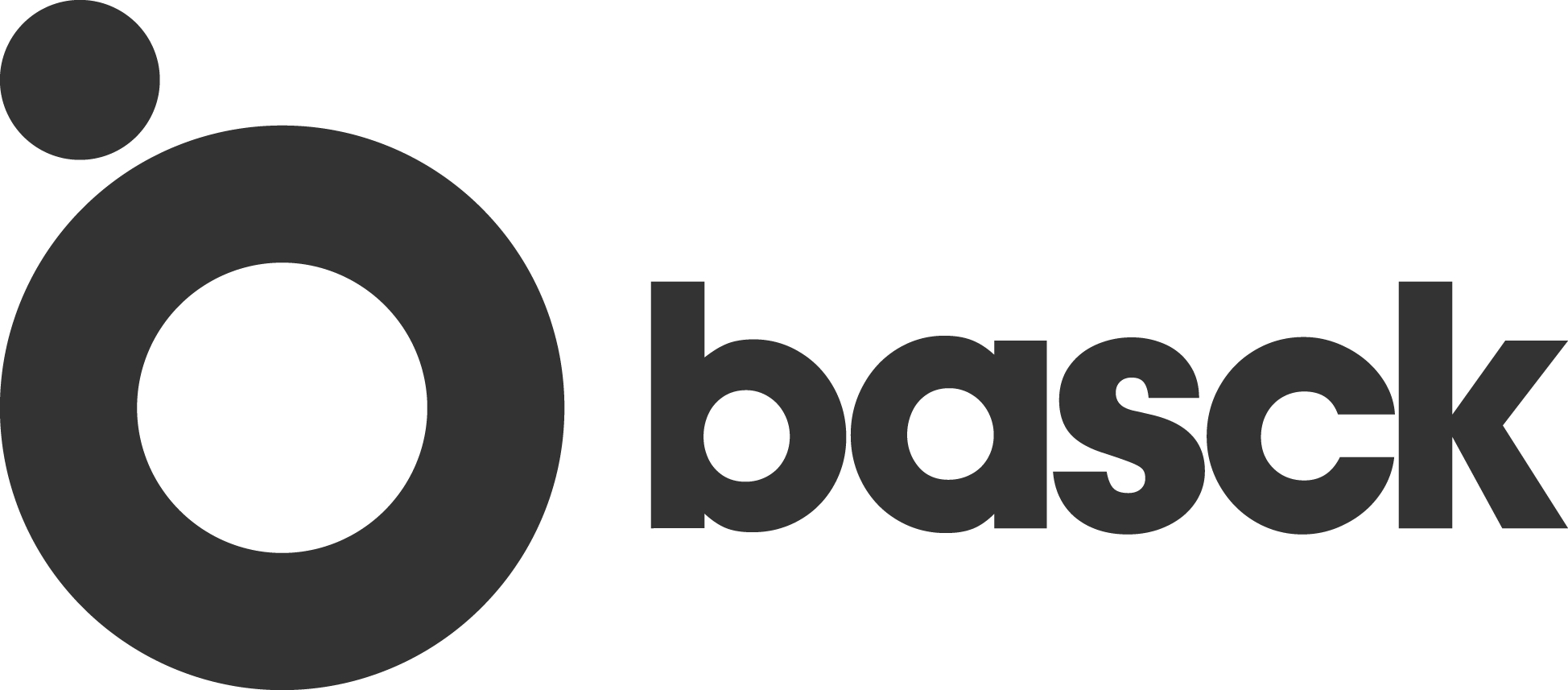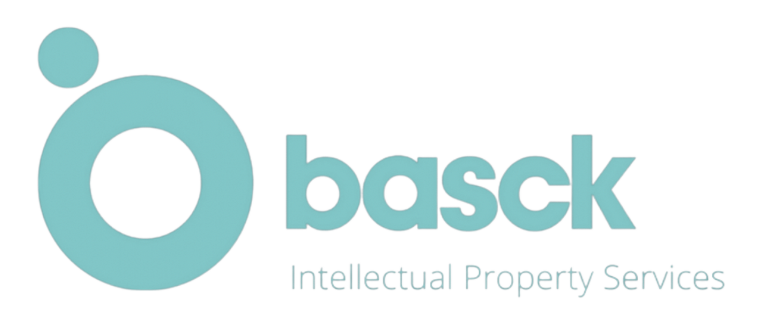Everybody wants their brand to be simple, catchy and informative at the same time, and not be asked constantly “what is it that you are doing exactly?”.
After all, we’re all consumers — I’m sure you remember at least one situation in your life when you came across a brand you did not know and wonder — what is this about?
As peculiar as it may seem, the more unique, and less intuitive, name you come up with, the stronger the brand you build around it will be.
Sure, your clients will not be immediately informed about the characteristics of your products or services, but at the same time, they won’t mistake you for anyone else. This is what building a strong brand is all about, isn’t it? For this purpose, we have three simple tips to use when choosing the best brand name for your business.
Be unique
TIP NO. 1. When you start thinking about your brand, make sure it does not simply describe what you are doing, or isn’t too simple or generic. Adding one more letter or deleting it, a simple misspelling of a word, changing singular to plural, or adding a punctuation mark will not be very helpful in adding distinctiveness to a generic word unless the mark is very short or the change significantly alters the character of the word.
There are many great brands out there that we all know no matter where we are in the world. This is the exact goal of a good branding strategy. When we think about different types of products or services, some names automatically come to mind. An operating system for a computer? Microsoft. A car? Mercedes. An online shopping platform? Amazon. An Internet search engine? Google, of course, et cetera et cetera.
Now, take a look at the names listed above. They are very different but they have one thing in common; none of them directly describes what the company is doing, yet we could all name their products if asked even in our dreams, right?
Also, the idea that often comes to mind is to use a name that is either very similar to a brand we already know (we will deal with that idea later) or to simply describe either the product, the service, its quality, quantity or ingredients; or to use a generic word, that’s easy to remember.
It seems like such a simple and good idea to just call your juice brand “Juice” or your mobile game an “App”, but using a particular brand firstly shall distinguish you from competitors. Secondly, it can create certain rights that can be invoked against other people, trade mark rights in particular. So now, having this in mind, imagine not being able to call your apple juice a “juice” because someone has registered it for an apple juice. Ridiculous, isn’t it? That is why the trade mark authorities all over the world have agreed that descriptive and non-distinctive marks should not enjoy trade mark protection (with some strict exceptions), as these words should be free to use by anyone in the market and serve the public interest.
An interesting example in this regard is Lidl’s “DeLuxe” brand, the registration of which was refused twice by the European Union Intellectual Property Office (EUIPO) because you are not able to distinguish Lidl’s goods from goods of other companies. Thanks to this decision you, and everyone else, can say your goods are deluxe and not fearing Lidl while doing so! This is not the best news for Lidl, however.
Be strong
TIP NO. 2. You do not have to be very creative, just be surprising!
A distinct name is considered a strong name. The best trademarks are original, fanciful, unexpected and out of the ordinary. The stronger your name is, the stronger the protection you will gain for it.
Clearly the best idea would be to create words from scratch or a combination thereof which does not exist in the common language. Just look at Adidas, Lenovo or IKEA – none of them exist in the dictionaries. Abbreviations, acronyms and other word-plays work well too. Even our Basck name is an acronym; just ask our CEO, @Christian Bunke, if you want to know its hidden meaning. However, we all know that not everyone is creative enough to come up with a good, catchy name from scratch.
Fortunately for those less creative; regular words, names or slogans (yes, even a slogan can be a good brand name and be protected as a trade mark!) can serve as a great brand, as long as they are used in an “unexpected” manner and not a descriptive one. We all can name some great simple brands such as Apple for computers and smartphones or Biedronka (meaning “Ladybug” in Polish) for supermarkets. Even Samsung is a generic word in Korean and means “three stars” so it’s not made-up. Coming back to the example I used in the previous section; “juice” is an unacceptable name for juices, but quite an unexpected one for furniture, isn’t it? 🙂 (NB: Looking at the trade mark registries, we are not the first one to come up with this brilliant idea so we cannot exactly take credit).
Be protected
TIP NO. 3 Check if your chosen name is free to use and protect it in your key markets. Ask your trade mark attorney to conduct the pre-filing clearance search for you.
To create a strong brand means not only to be easily recognisable, but also to be able to protect yourself from copycats, especially when your brand gains reputation and you spend quite a lot of money building it.
Among all the different laws that can help you protect the name, there is one specifically designed to protect names in the easiest way possible – a trade mark law. Having your trade mark registered gives you the ability to prevent others from using it for similar goods or services to those for which you obtained the protection. However, there are three main hurdles in trade mark registration:
(1) descriptiveness
(2) non-distinctiveness, and
(3) third parties already using it.
If you used the two tips I provided you with earlier, you would probably pass the first two hurdles; your mark is already non-descriptive and distinctive. In many IP offices (EU, UK, PL among others, but not US, China or India) this will take you right through to the publication phase when third parties can take action against the registration of your mark.
It is never a good idea to use a name that is very similar to a brand that someone else has been using earlier for multiple reasons, but two in particular:
(1) You are creating actual confusion between your own, and someone else’s business, which will not be helpful in building your brand, and;
(2) That third party can actively stop you from using it.
There are multiple factors to be taken into account when assessing the similarity between marks. Among others, it is an aural, visual and conceptual similarity; channels of trade; target consumer; the complementarity of goods and services etc. For example, studies show and various offices accept the argument that people tend to focus on the beginning of the known words. They omit any changes or misspellings in the known word if it is placed in the middle of it, as long as it does not change the word’s length significantly. Google will stay Google in the trade mark Examiner’s and the consumers’ minds it doesn’t matter if you make it Gooogle or Gogle.
You can expect the person holding the earlier right to not only stop the registration of your trade mark, but actually send you a cease & desist letter (read more about these in our earlier blog post here), sue for infringement, force you to change the name altogether (what can result in a temporary ban on trade), and reimburse the damages. Therefore, the further away you stay from others, the better.
There are, of course, many other factors to be considered when choosing a trading name, many of them not related to the trade mark law at all but rather a business focus, domain names, consumer preferences, and target territory. However, we believe that these simple tips will help you choose a name that will be both commercially effective, easy to protect and stands out of the crowd.


